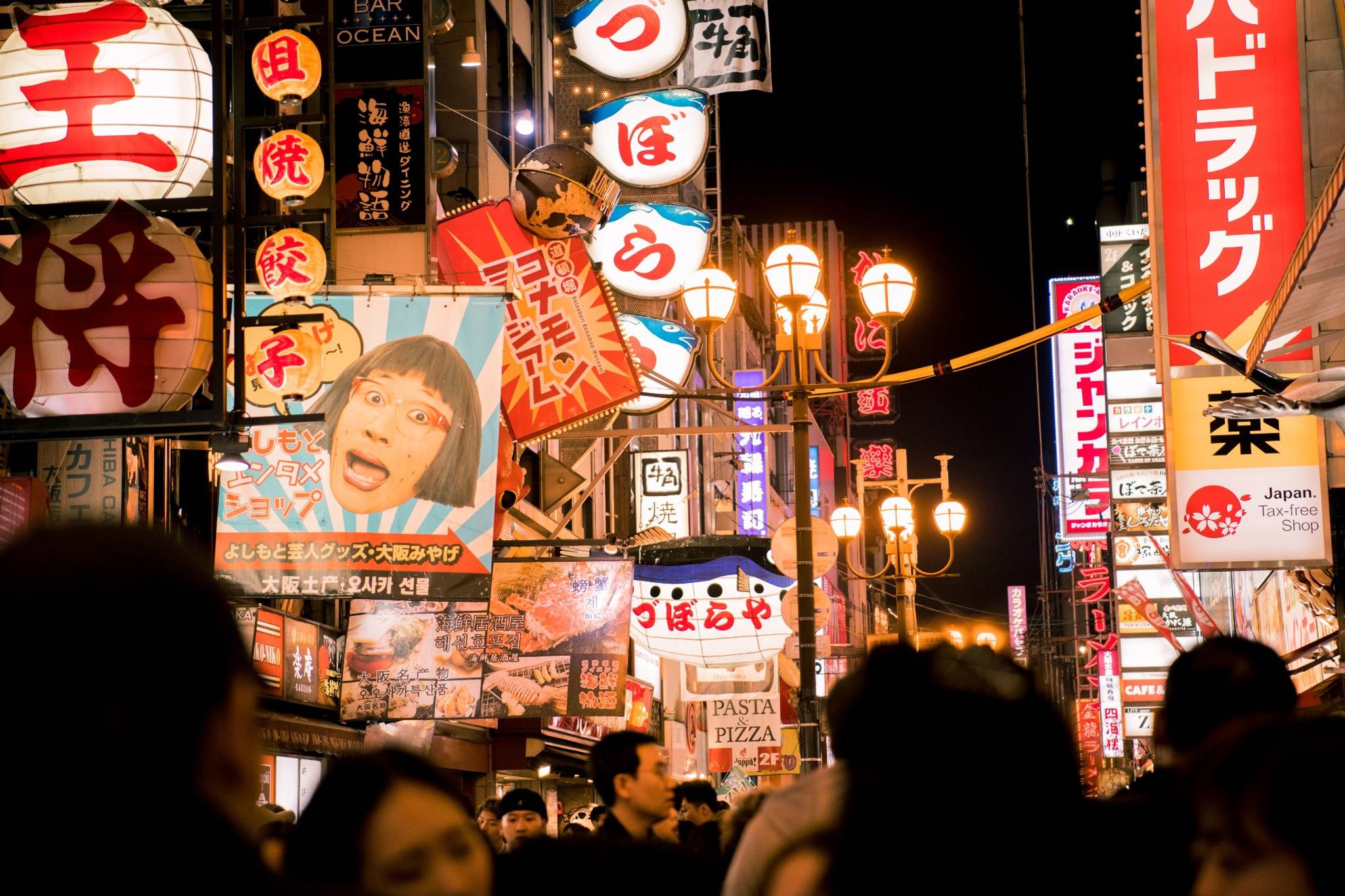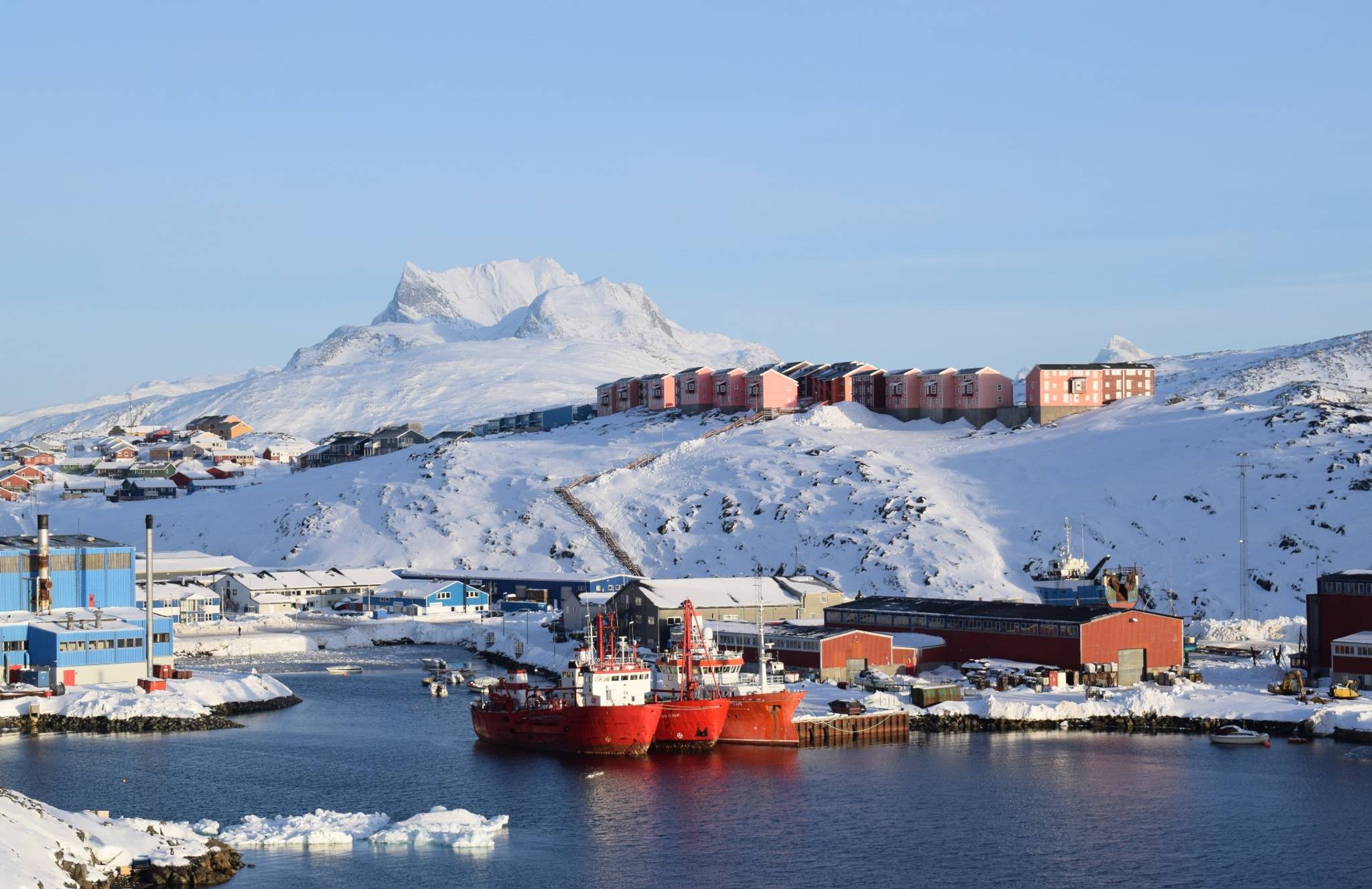
A growing number of people are losing interest in ‘selfish’ consumption, opting instead for options where their purchases can have a greater social benefit and impact. Travel-lovers in Japan are no exception, with many happy to pay more for trips that focus on sustainable development goals.
A survey conducted by JTB Tourism Research and Consulting has found that around 30% of people in Japan would pay more for a trip that is aligned with the UN’s sustainable development goals. In 2015, UN member states adopted 17 sustainable development goals which focus on tackling social issues such as ending poverty and hunger, achieving gender equality and empowering women and girls, and addressing health and educational disparities. While people are prepared to pay more for SDG travel, there’s a division in terms of how much more with just 1.3% willing to pay 30% more while the majority, 17.8% of respondents, are willing to pay 5% more for a socially minded holiday.
People are more and more interested in ensuring their consumption doesn’t have a negative social or environmental impact and they want brands to support them in supporting people and the planet. With people in Japan pointing to ‘extreme weather events’ as the second-biggest risk to the country between 2021 and 2023, it’s clear that they have climate wellness front of mind and want brands to do their part to combat the climate crisis – so it makes sense that their travel behaviours reflect their at-home concerns. For brands in the travel space, prioritising positive impact is one way to grab holidaymakers’ attention – when travelling with Oceanwide Expeditions, for example, passengers participate in cleaning up beach waste.



